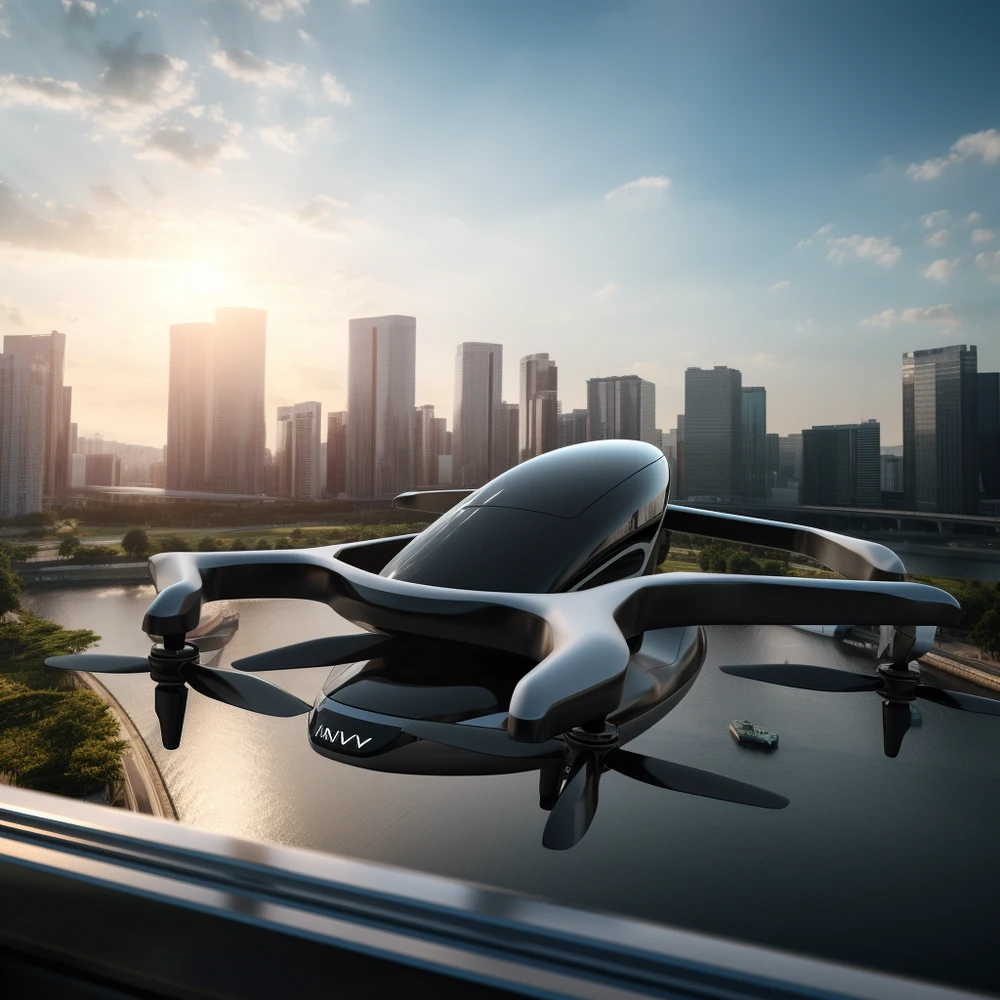What certification processes will the aircraft need to undergo?
Hyundai has committed to prioritizing safety in the development of its eVTOL aircraft. The company is taking a rigorous approach to safety, incorporating extensive testing and analysis throughout the design and manufacturing process.
Hyundai’s eVTOL aircraft will undergo a rigorous certification process before entering the market. This process will include:
- Component testing: Individual components of the aircraft, such as motors, batteries, and flight control systems, will be subjected to extensive testing to ensure they meet safety standards.
- Systems testing: The aircraft’s systems, such as the propulsion system, avionics, and emergency procedures, will be tested together to ensure they work together seamlessly and safely.
- Flight testing: The aircraft will undergo a series of flight tests to verify its performance, handling characteristics, and safety features.
- Regulatory approval: Once Hyundai has completed all of its testing, the aircraft will need to be approved by aviation regulators in the countries where it will be operated. This process will involve demonstrating that the aircraft meets all applicable safety standards.
In addition to these formal certification processes, Hyundai is also taking proactive steps to ensure the safety of its eVTOL aircraft. The company is working with safety experts to identify and mitigate potential hazards, and it is continuously monitoring the eVTOL industry to stay up-to-date on the latest safety developments.
By taking these comprehensive measures, Hyundai is committed to developing an eVTOL aircraft that is among the safest in the world. The company’s dedication to safety will help to ensure that eVTOLs can become a safe and reliable mode of transportation for passengers and cargo.
